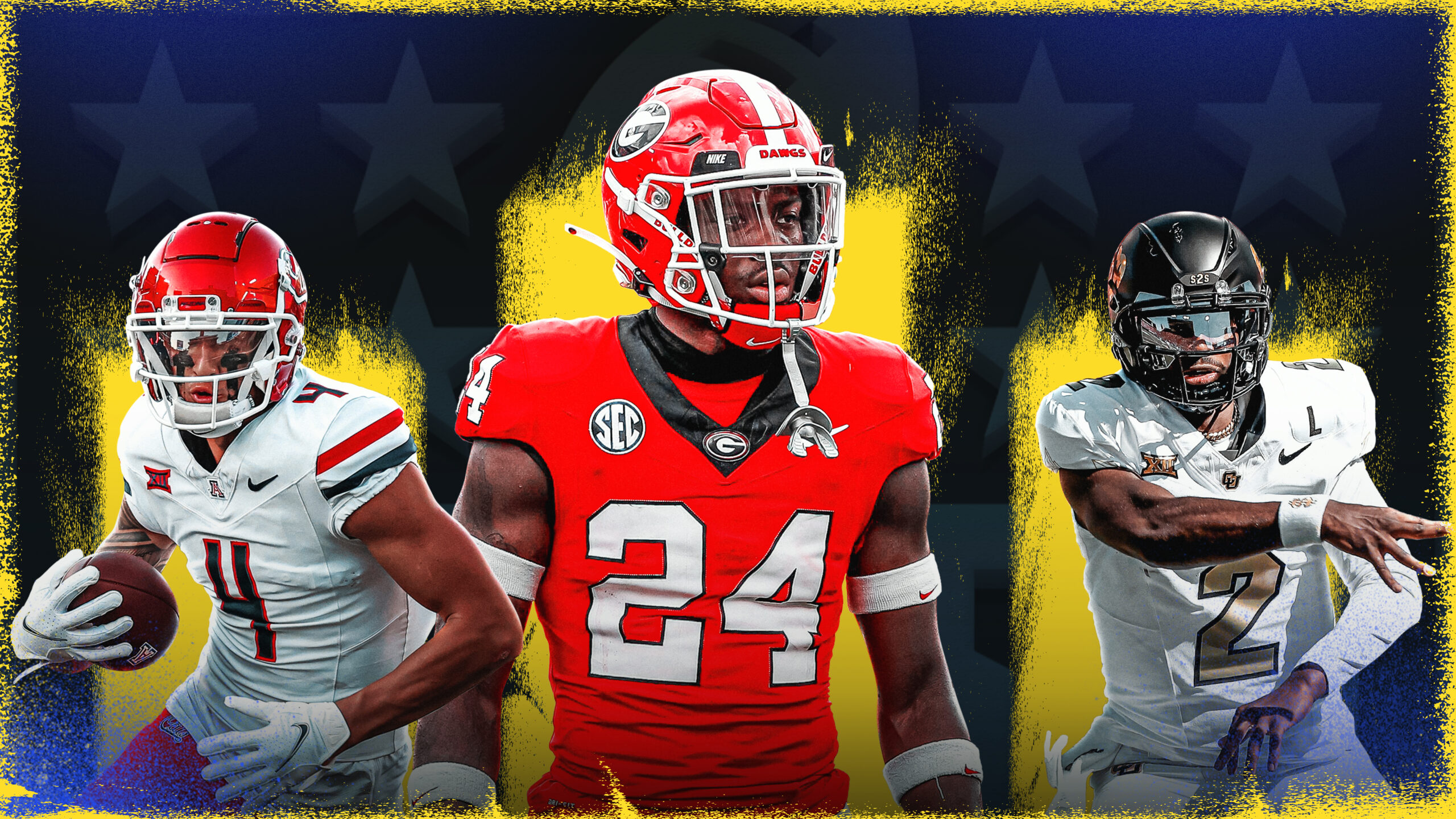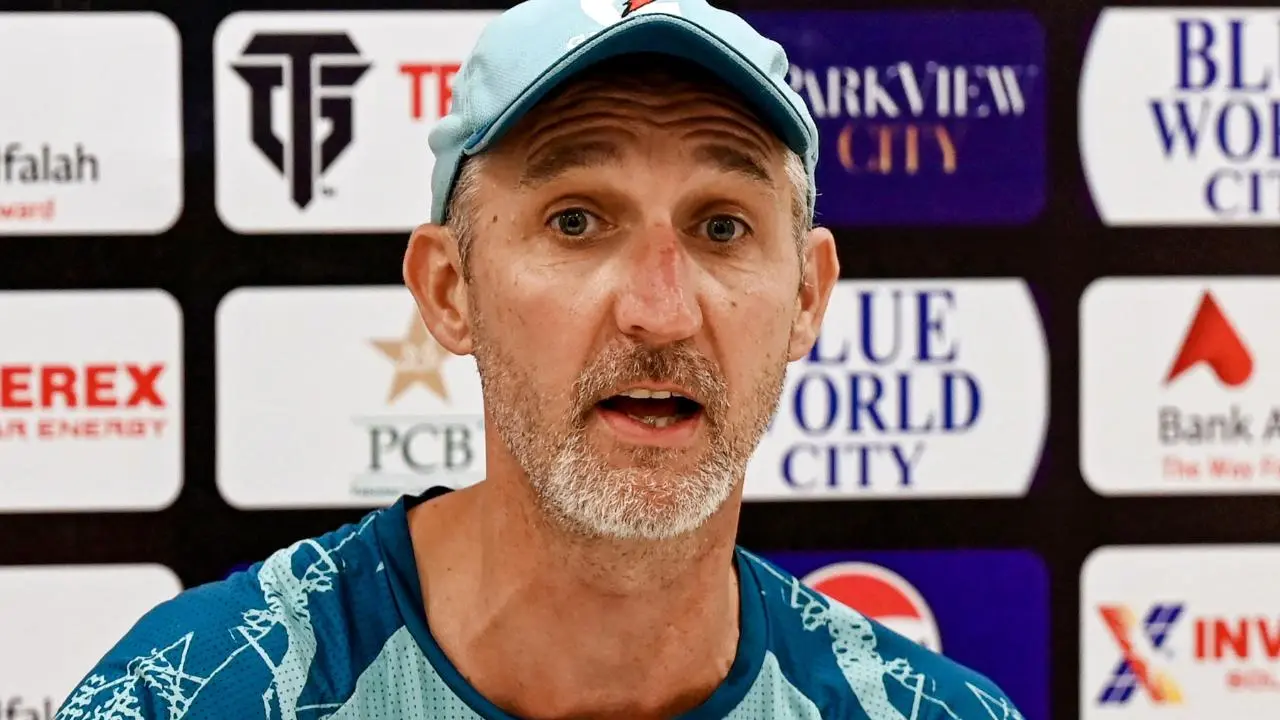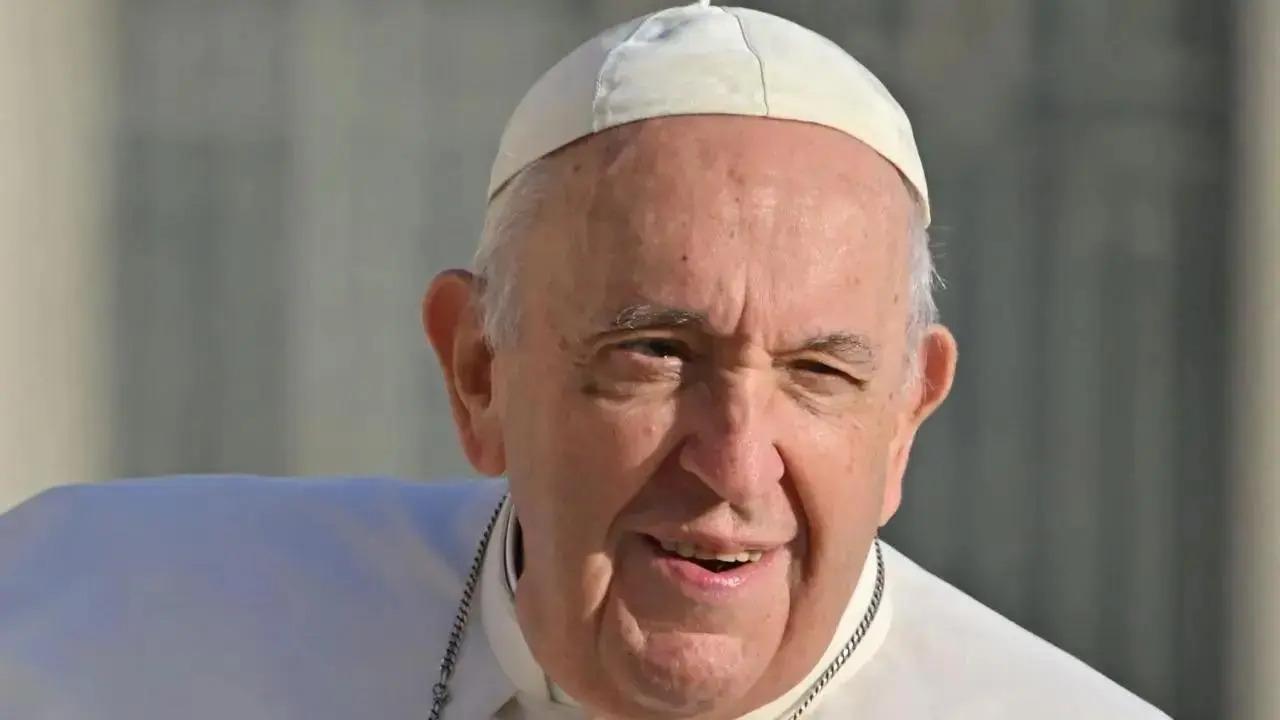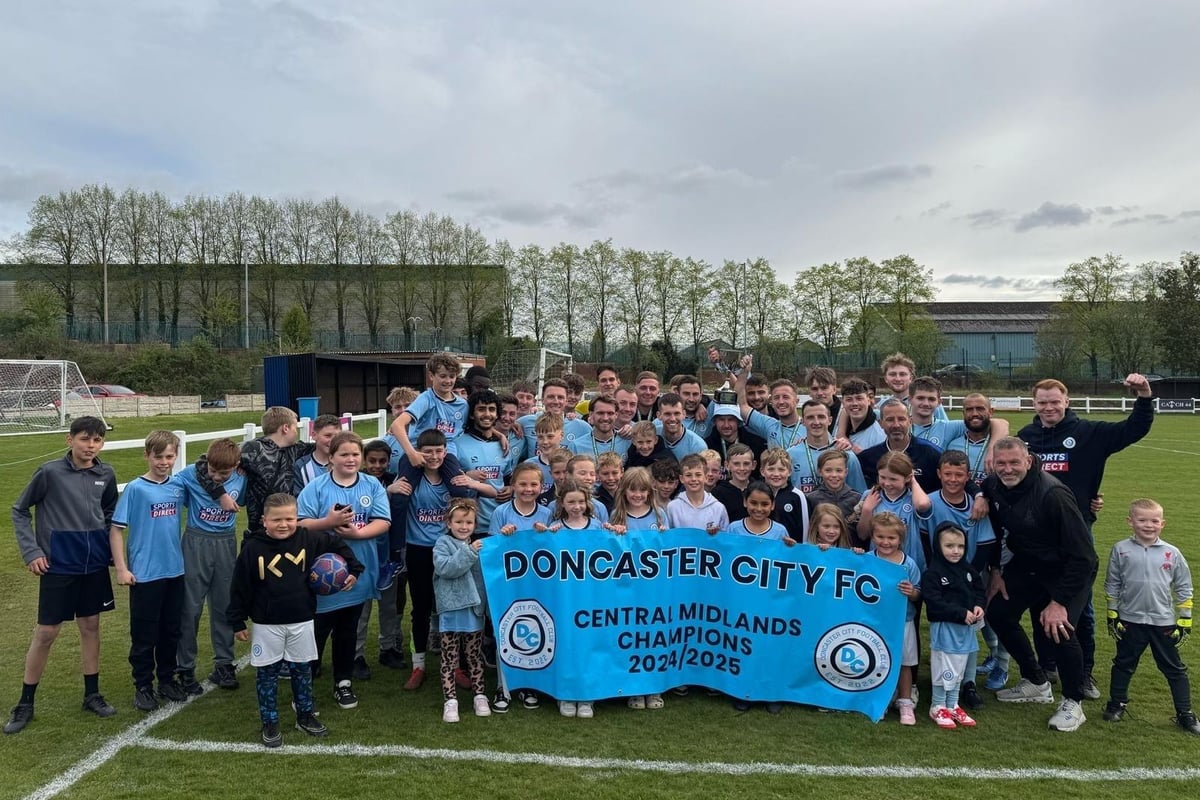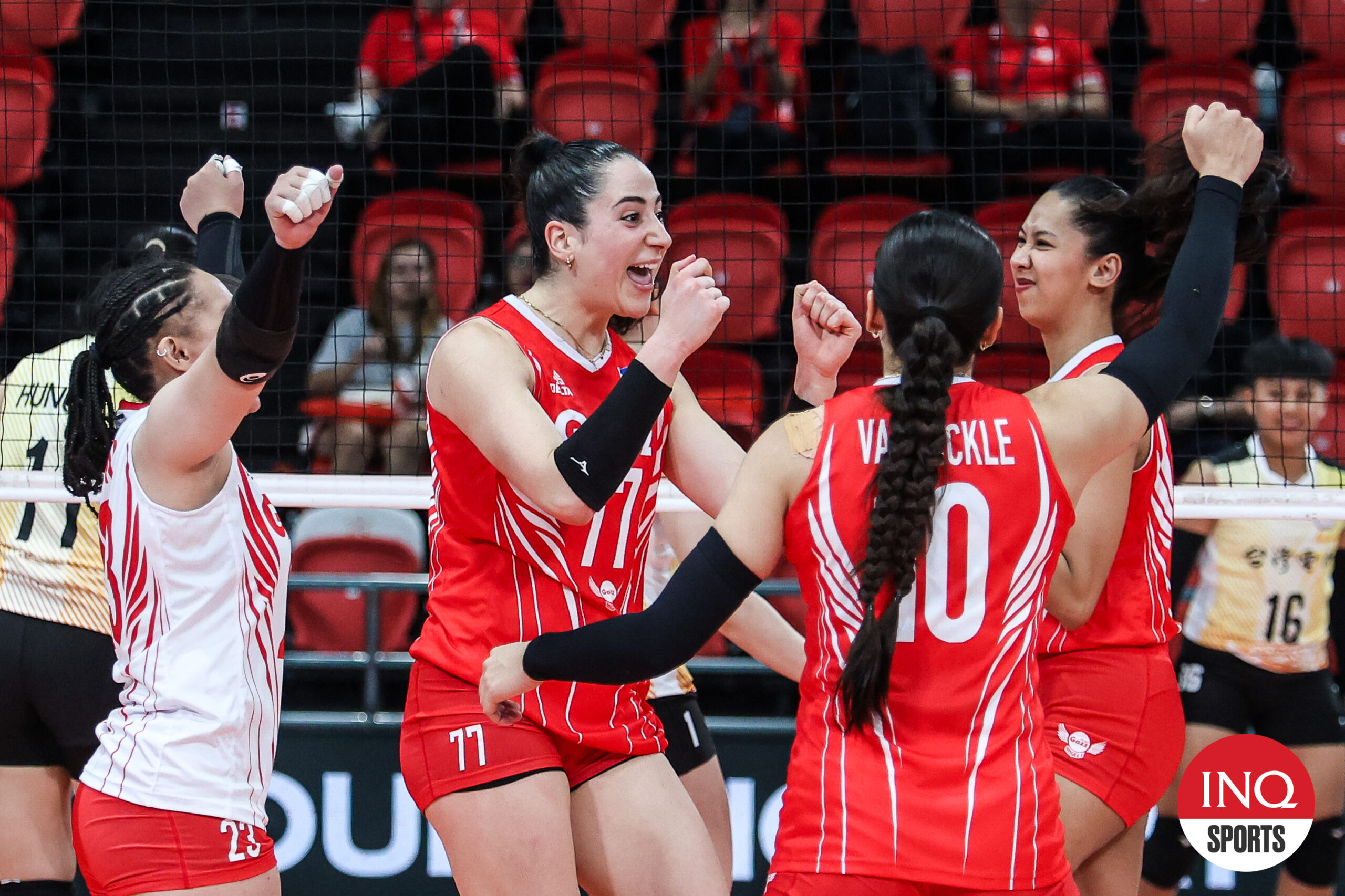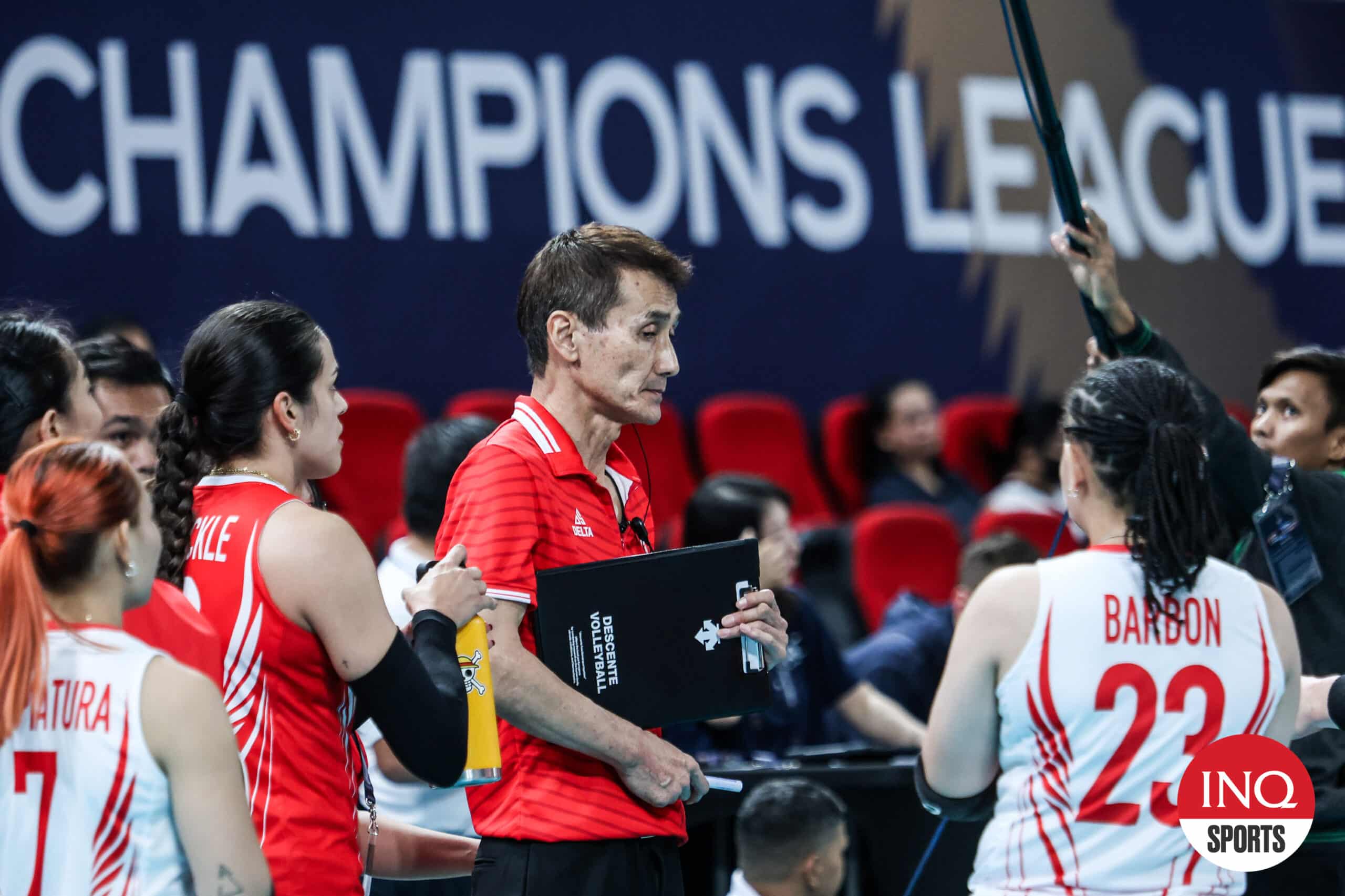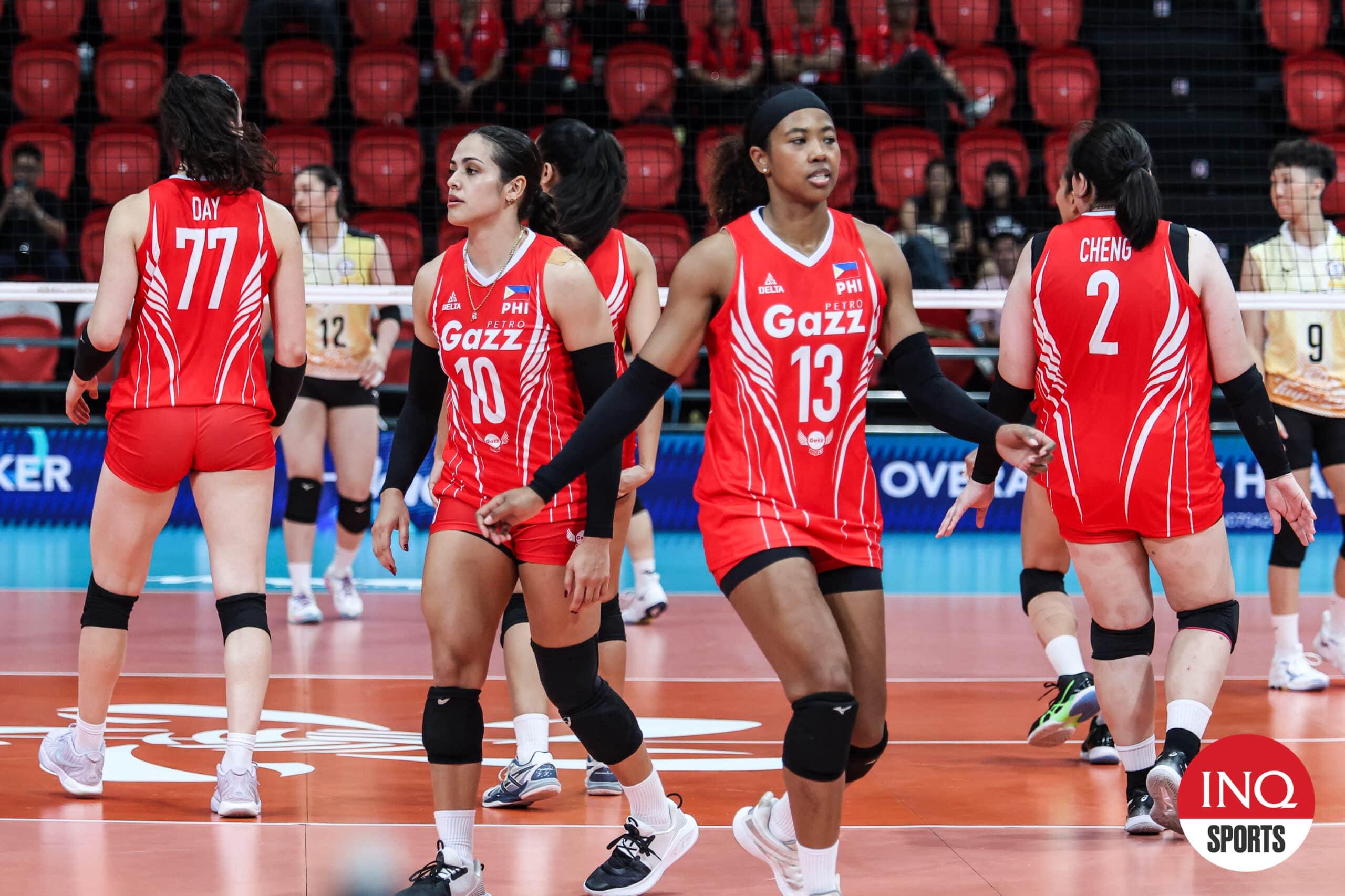When players are put up for pre-match press conference duty ahead of a big knockout tie, they usually stick to a safe formula: express determination to win, pledge maximum effort, and offer polite respect to the opposition. But Lyon’s Nemanja Matic emphatically tore up that press-office-approved script this week, delivering scathing remarks about Andre Onana that cut straight through the usual banalities. Advertisement Responding to a comment from Onana, who said, “I think we are way better than them,” Matic called Onana “statistically one of the worst goalkeepers in Manchester United’s modern history”.
While Matic’s words were harsh, if we look at the most rudimentary method of evaluating a goalkeeper — goals conceded and clean sheet percentage — the former United player’s assessment holds up. We can reasonably assume he wasn’t referencing the many short-term, unsuccessful goalkeepers who have passed through Old Trafford’s gates. While Onana has endured mixed fortunes since his £46million ($59m) move from Inter in July 2023, the disastrous short-lived spell of Massimo Taibi surely stands out as worse.

The Italian conceded 11 goals in just four Premier League appearances in 1999-2000 — the highest goals-conceded-per-game ratio of any United goalkeeper in the Premier League era — including an infamous shot from Southampton’s Matthew Le Tissier that squirmed through his legs. If we assume Matic’s surprise analysis only includes goalkeepers that featured in at least 30 games, then Onana does emerge as United’s most porous ‘keeper. He has conceded an average of 1.
4 goals per game and kept a clean sheet in just 26 per cent of his matches — both the lowest figures among the eight goalkeepers who meet that threshold. Yet the same table highlights the absurdity of ranking goalkeepers in this way. By these metrics, Roy Carroll — best remembered for his spectacular howler against Tottenham Hotspur at Old Trafford in 2005 ( which he got away with ) — ranks as possibly the best United goalkeeper in modern history.
Suggest that opinion to a United fan, and you would likely be met with bewilderment. The issue with comparing goalkeepers based on these raw numbers is that it strips away all wider context — most crucially, the strength (or weakness) of the defence in front of them. Liverpool have conceded 30 goals this season in the league, already twice the amount that Chelsea conceded in their 2004-05 title win.
Advertisement Does that make Petr Cech twice as good as Alisson or Caoimhin Kelleher? Of course not. Chelsea’s defensive solidity was the product of several factors: a back line expertly marshaled by John Terry , Jose Mourinho’s tactics, a generally more conservative era of football, plus Cech’s outstanding shot-stopping. Attributing the correct proportion of responsibility to each of these factors is practically impossible.
Unlike Cech, a leaky defence has left Onana exposed to more shots on goal. Though improved this season, United have conceded shots on target above the Premier League average during his time at the club, with a particular spike last season, when only Thomas Kaminski of relegated Luton Town faced more than Onana’s 213. This higher volume of shots is one of the reasons Onana is compared unfavourably to past contemporaries.
Overall, he has faced an average of 4.8 shots on target per game — 50 per cent more than the 3.2 per game former United goalkeeper Edwin van der Sar faced.
But critics will justifiably point out that it is not the volume of goals, but rather how Onana conceded them that is the main point of contention. Last season, his errors in the Champions League were a factor in United’s miserable group-stage exit and this season, he has struggled to cut them out. Notable examples from 2024-25 came in December’s 3-2 home defeat against Nottingham Forest , when he failed to keep out a centrally struck, saveable effort from Morgan Gibbs-White.
Then, again at Old Trafford the following month during the 3-1 defeat against Brighton & Hove Albion , he spilled a cross, allowing Georginio Rutter an easy tap-in. The issue for Onana is that when assessing goalkeepers, it is far easier to recall a handful of memorable — but relatively rare — errors than to weigh up the consistency of their week-to-week performances. What’s masked by these mistakes is that Onana’s shot-stopping has been among the Premier League’s best since joining United.
Advertisement Since the start of last season, Onana has faced 332 shots in the Premier League, carrying a combined expected goals on target (xGOT) value of 93. He has conceded 87 goals — six fewer than expected based on the quality of shots he has faced. In percentage terms, this places him fifth among Premier League goalkeepers over that period for xGOT overperformance.
Another weakness in Matic’s appraisal is that the role of the goalkeeper has evolved so dramatically that any meaningful statistical comparison across generations is made redundant. Aside from charging forward for last-minute corners in search of an equaliser, Peter Schmeichel rarely ventured outside his box. By contrast, sweeping up danger is now an essential aspect of the modern goalkeeper’s role, along with effective distribution.
Pep Guardiola famously jettisoned Joe Hart at Manchester City — not because Hart lacked the traditional goalkeeping qualities of shot-stopping and penalty-box presence, but because he fell short in modern demands for ball-playing and aggressive positioning. Similarly, one of the key reasons Onana was brought in to replace David de Gea at United was the Spaniard’s hesitancy to charge off his line and sweep up danger in advanced areas — a flaw evidenced by his relative lack of sweeper-keeper actions outside the defensive third. The demands placed on goalkeepers are so multifaceted that reducing their performance to a handful of basic statistics risks obscuring the true complexity of their role.
Matic himself played a similarly difficult-to-quantify position — central defensive midfielder — a role where numbers only ever tell part of the story. He only scored six goals across his Premier League career, yet his influence in helping Chelsea to win the title in both 2014-15 and 2016-17 is undeniable. It will take a lot more games to convince most that Onana belongs among United’s better goalkeepers.
But the numbers don’t definitively show him as the “statistically” worst either. (Top photo: Glyn Kirk/AFP via Getty Images).
Sports

Andre Onana, Nemanja Matic and why assessing goalkeepers with statistics is difficult

Why a focus on goals conceded and clean sheets alone is not a sensible way to assess a goalkeeper's ability









